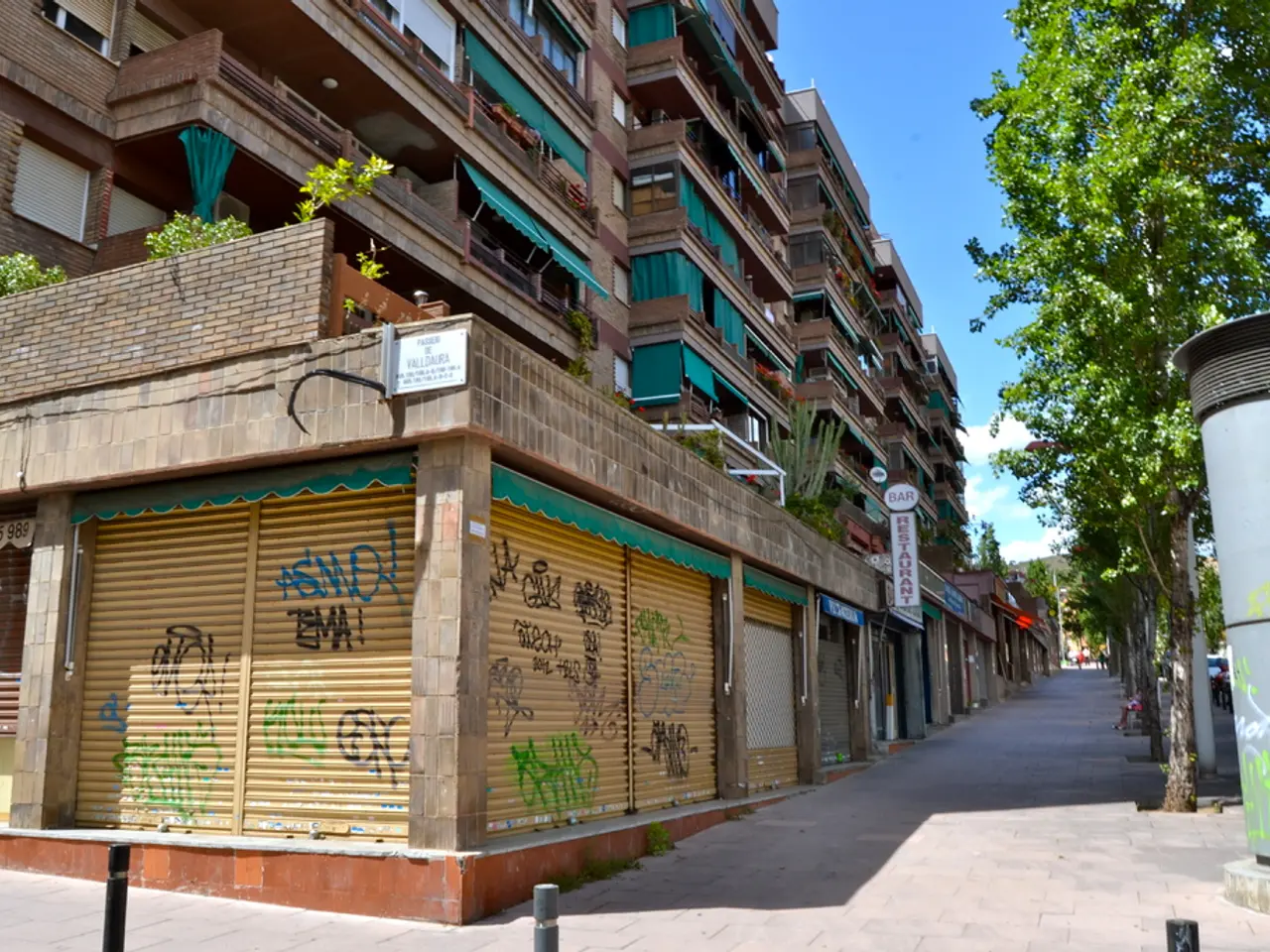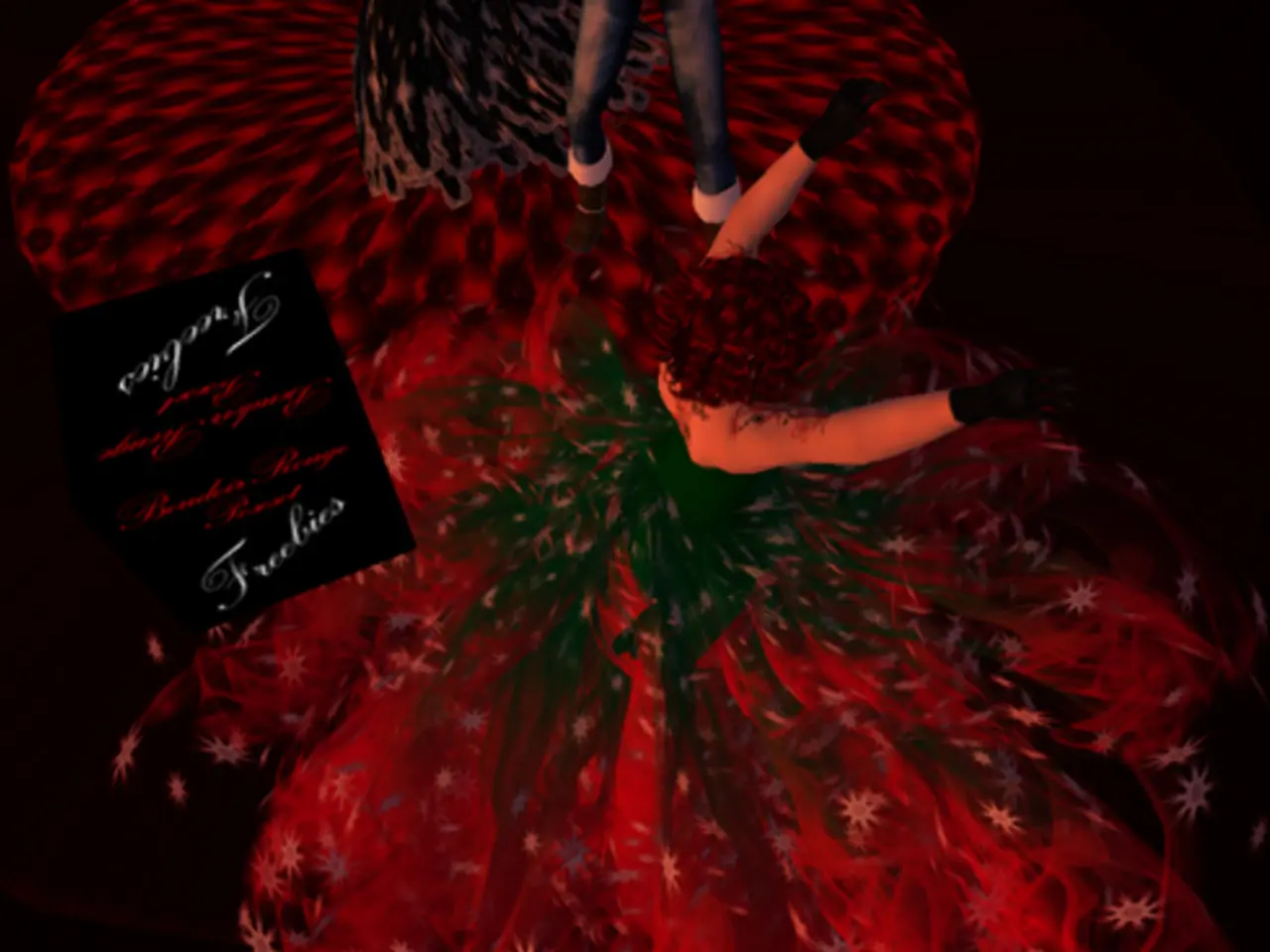Historical Accounts Re-Authorized by Deceptions
In the digital age, the Marcos family has successfully reinterpreted their dictatorship as a "golden age" through coordinated efforts on social media platforms. This rewriting of historical narratives, downplaying of human rights abuses, and promotion of nostalgia for the martial law period have gained traction, particularly among younger Filipinos who lack direct memory of martial law's oppression.
Online networks loyal to Marcos Jr., the son of former dictator Ferdinand Marcos Sr., have engaged in targeted historical revisionism. Most of this content appears neutral but originates from professionally-run troll farms or paid content creators. Tsek.ph, a fact-checking initiative, found that 92% of all checked online content about Marcos Jr. was positive and false, while 96% of false information about his rival Leni Robredo was negative and defamatory.
History books are being revised, memorial institutions weakened, and critical terms like "martial law" or "human rights violations" banned from official speeches under Marcos Jr. Studies show that voters under 30, who did not experience martial law, were strongly influenced by these digital narratives. Dissenters are attacked online or discredited as part of a "leftist media conspiracy."
YouTube channels staged lavish family scenes as nostalgic retrospectives, while Facebook was flooded with posts praising economic wonders under Marcos Sr. and denying his crimes. Another false claim, that victims fabricated their stories, was shared in 514 Facebook groups and spread millions of times.
This reinterpretation has had significant impacts on Philippine democracy and collective memory. It has facilitated the political rehabilitation of the Marcos family and undermined the widely recognized historical consensus about the dictatorship’s abuses and plunder. By cultivating misplaced nostalgia and revising history, the Marcoses weaken critical public understanding of authoritarianism's dangers, thereby potentially normalizing autocratic tendencies and eroding democratic vigilance.
The resurgence of Marcos-backed narratives complicates efforts to uphold human rights and accountability, raising concerns about historical amnesia and impunity in the Philippines. Martial law under Marcos Sr. resulted in approximately 70,000 political prisoners, 34,000 documented cases of torture, and over 3,000 extrajudicial killings. The Marcos Sr.'s family plundered billions from the state coffers during his rule.
The danger of digital and thus real historical amnesia is growing in both the Philippines and Germany. In Germany, far-right actors are trying to relativize the Nazi era and question the democratic order. Telegram channels are circulating posts portraying the Federal Republic as a "re-education project" or claiming that Germany has "never been sovereign."
Since taking office, Marcos Jr. has been prioritizing infrastructure projects and appointing loyalists to key positions. Human Rights Watch described Marcos Jr.'s campaign as "marked by disinformation about the crimes of his father's dictatorship." TikTok became a stage for influencers to mythologize Marcos. A video claiming no one was arrested during martial law racked up over 187 million views.
In summary, the Marcos family's digital-era revisionism functions as a tool for political power consolidation by reshaping collective memory, which democratically undermines the lessons learned from the dictatorship's abuses. This raises alarms about threats to democratic institutions and the importance of preserving truthful historical memory to prevent the recurrence of authoritarianism.
- The Marcos family's election campaign, filled with targeted historical revisionism and misleading narratives about their past, has been leveraged as a means to consolidate political power, potentially normalizing autocratic tendencies and eroding democratic vigilance.
- In the realm of politics, particularly during the general-news cycle, the Marcos family's digital campaign has been instrumental in reshaping the collective memory of the Philippines, threatening democratic institutions and the preservation of truthful historical memory critical to preventing the recurrence of authoritarianism.








